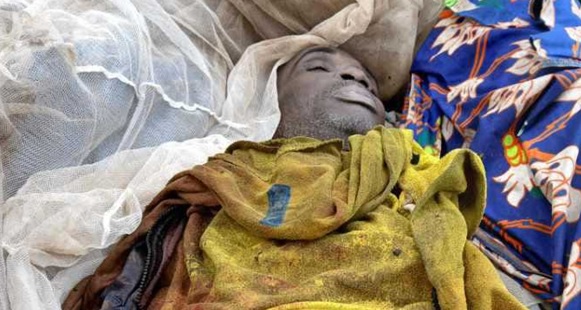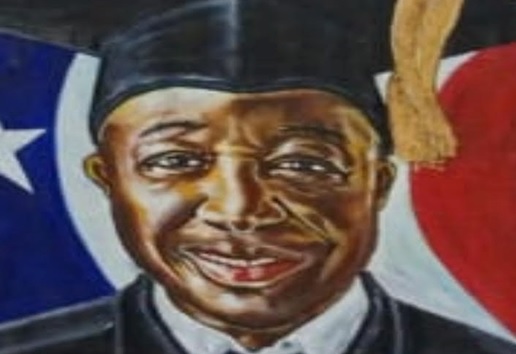MONROVIA – The United States State Department’s 2024 Investment Climate Report on Liberia paints a stark picture of the country’s economic environment while offering some optimism for future growth. The report underscores several barriers to investment and development, noting that “Low human development indicators, expensive and unreliable electricity, poor roads, a lack of reliable internet access (especially outside urban areas), and pervasive government corruption” are key constraints. Additionally, the report highlights a central problem: “Most of Liberia lacks reliable power.”
According to the report, while Liberia offers significant investment opportunities—particularly in natural resources like mining, agriculture, fishing, and forestry—its weak infrastructure continues to hold the country back. Liberia’s economy, which is still recovering from the civil wars that ended over two decades ago, remains far below pre-war levels. Corrupt governance, combined with poor infrastructure, unreliable electricity, and limited internet access, is a heavy burden on investors. The report stresses that the nation’s commodities-based economy relies heavily on imports, even for basic necessities like fuel, clothing, and rice—its staple food.
The report, however, does provide a glimmer of hope. It acknowledges that the new government, which was inaugurated in January 2024, has pledged to combat corruption, create more predictable business policies, and improve the overall investment climate. Yet, the State Department notes that it is still too early to determine whether these promises will translate into meaningful change.
Despite these challenges, Liberia remains rich in natural resources. The report notes opportunities for investment in several key sectors, including energy, telecommunications, agribusiness, and climate financing. The fishing industry, while currently underdeveloped, also presents potential for future growth. The country’s abundant agricultural land and ample rainfall provide a strong foundation for agribusiness, while its mineral wealth could attract more investors in extractive industries. Nonetheless, negotiating government agreements is often a slow and convoluted process, especially for companies that refuse to pay bribes.
Infrastructure, or the lack thereof, is a significant obstacle. Liberia’s electricity system is largely unreliable, with most of the country lacking consistent access to power. There are, however, efforts underway to improve energy access. These include expanding the Mount Coffee Hydropower Plant, connecting Liberia to the West Africa Power Pool, and developing other internationally funded energy projects.
Additionally, the national airport and road networks are in dire need of improvement. Liberia’s roads and bridges are inadequate, hindering transportation and logistics. Infrastructure investment is thus an urgent necessity, with the report noting that such developments could spur economic growth.
Corruption remains a pervasive problem in Liberia, as evidenced by the country’s poor performance in Transparency International’s 2023 Corruption Perceptions Index, where it dropped to 145th place out of 180 countries. Public mistrust in the banking sector is high, with many citizens choosing to hold cash outside of banks due to limited access to business financing.
While the Central Bank of Liberia (CBL) and commercial banks are promoting mobile money as an alternative, the government has yet to launch its long-planned National Electronic Payment System (NEPS), also known as “the National Switch.” This system is meant to integrate banking instruments like ATMs and mobile money accounts, but delays have stymied its rollout. A World Bank-funded project that began in February 2023 aims to finally implement the National Switch, which could revolutionize the financial sector if successful.
Despite these substantial challenges, the report highlights Liberia’s potential for growth if the government follows through on its promises. The new administration has pledged to improve governance, reduce corruption, and create a more predictable environment for investors.
Liberia’s projected economic growth rate of 5.3% in 2024 offers some optimism, but the real question remains whether these reforms will be substantial enough to address the country’s deep-rooted issues. Until then, investors will have to weigh Liberia’s abundant natural resources against its considerable risks, including corruption, weak infrastructure, and a struggling financial sector. Only time will tell whether the new government’s promises will lead to tangible improvements in the investment climate.







